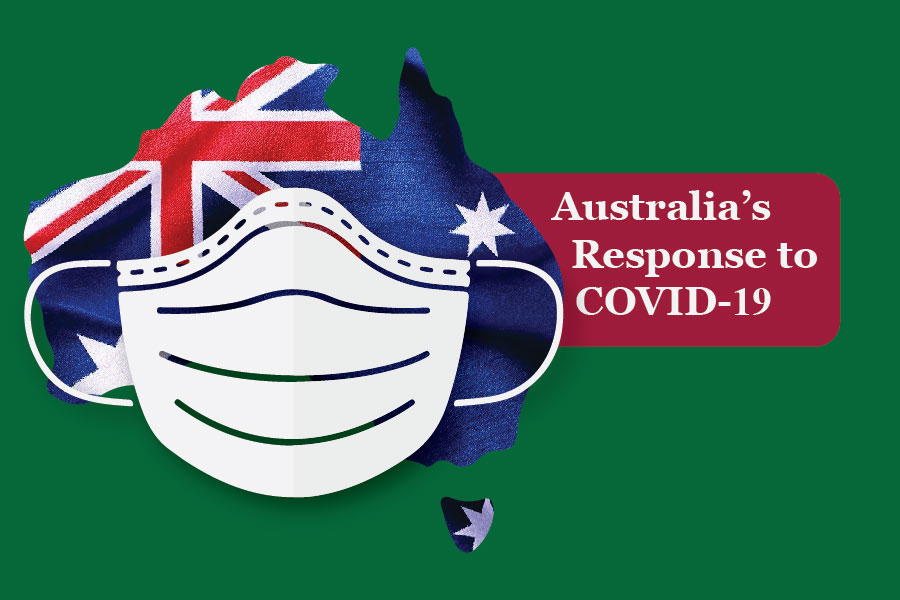Just like every other nation, Australia has also taken several measures to respond to the global pandemic. To help prevent shortages of medical equipment and personal protective equipment, the Australian regulating authority- Therapeutic Goods Administration (TGA) has announced several exemptions and expedited paths to ensure an adequate supply of medical products. Below are some exemptions and the expedited pathways that manufacturers are allowed to take in order to ramp up their production when required.
On March 22nd, 2020, TGA released the Therapeutic Goods (Medical Devices—Accredited Pathology Laboratories) (COVID-19 Emergency) Exemption 2020 that exempted all accredited pathology laboratories from being listed on the Australian Register of Therapeutic Goods (ARTG) for COVID-19 test kits.1
TGA also released another guidance document on March 22nd, Therapeutic Goods (Medical Devices—Face Masks and Other Articles) (COVID-19 Emergency) Exemption 2020 that outlines the temporary policy for face masks and ventilators. The policy exempts disposable face masks, gloves, surgical gowns, and other PPEs from requirements such as listing in the Australian Register of Therapeutic Goods (ARTG).1 The policy published on April 8, Therapeutic Goods (Medical Devices—Ventilators) (COVID-19 Emergency) Exemption 2020 allows for Off-label use and modifications to the ventilators, anesthesia gas machines, and other devices intended for respiratory support. Local ventilator manufacturers are allowed to distribute their products provided that the devices meet the technical specifications outlined in ‘Ventilator for COVID-19 use in Australia’2 and that the following conditions are met:3
- The manufacturer provides to the Therapeutic Goods Administration the test procedure, test results and risk analysis undertaken concerning the specified kind of medical device and a declaration that the specified kind of medical device has been manufactured following the minimum technical requirements.
- Obtain written permission from the Therapeutic Goods Administration that, the medical device may be legally distributed.
- Provide TGA with the information about any malfunction or deterioration in the characteristics or performance of the medical device that might lead to a serious threat to public health.
- Submit adverse event reports to the TGA within 48 hours of becoming aware of the incident.
We here at EMMA International are closely monitoring the changing regulatory landscape and will keep you updated on how it may impact your product.
Have more questions? Call us today at 248-987-4497 or email us at info@emmainternational.com.
1Emergo (April 2020) TGA reacts to COVID-19 crisis in Australia retrieved on 04/23/2020 from https://www.emergobyul.com/blog/2020/04/tga-reacts-covid-19-crisis-australia
2AUS TGA (April 2020) Ventilator for COVID-19 use in Australia retrieved on 04/23/2020 from https://www.tga.gov.au/sites/default/files/ventilator-covid-19-use-australia.pdf
3US TGA (April 2020) Information for clinicians on ventilators and alternative strategies when in short supply during COVID-19 retrieved on 04/23/2020 from https://www.tga.gov.au/information-clinicians-ventilators-and-alternative-strategies-when-short-supply-during-covid-19






